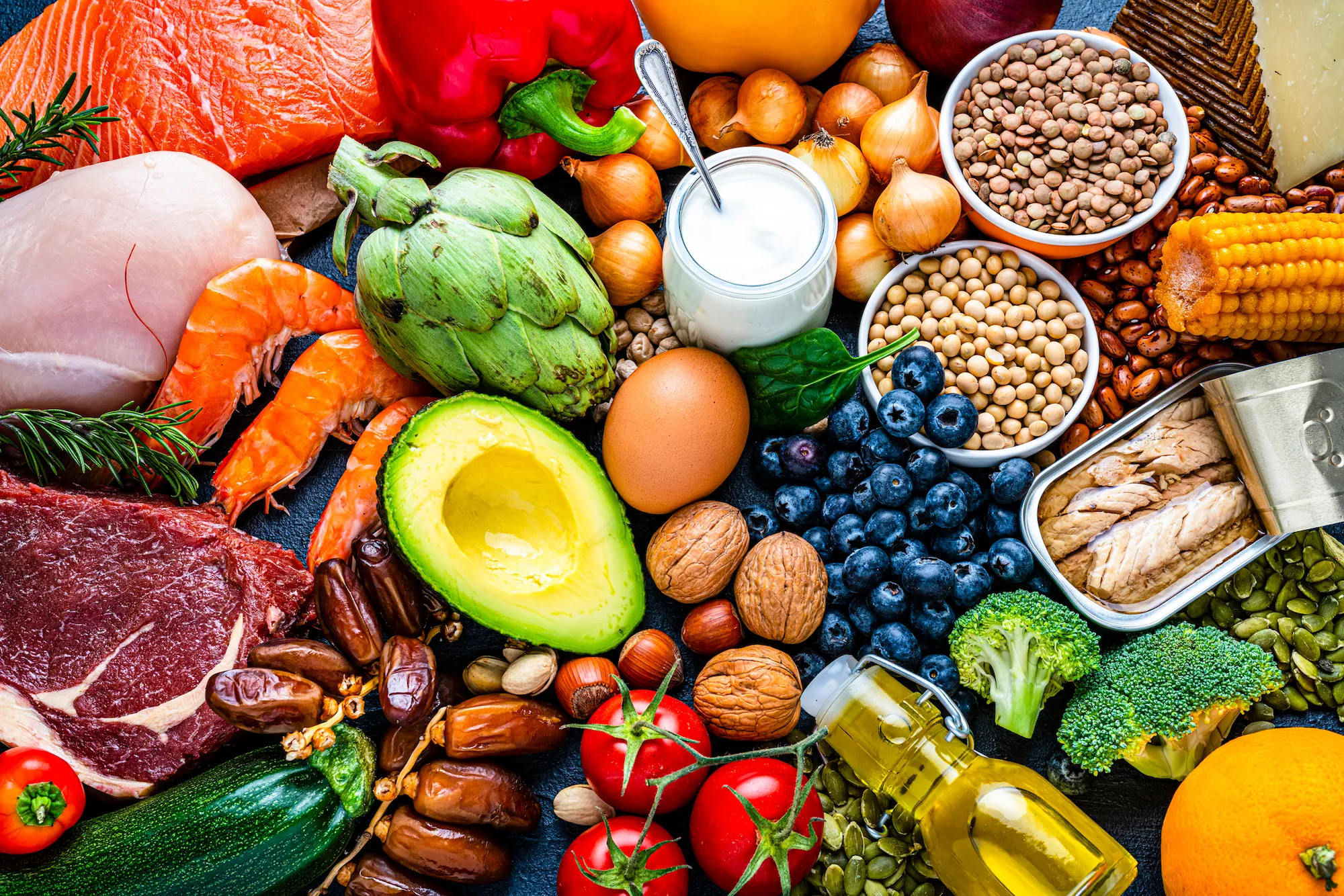Making healthy eating sustainable involves considering both the impact on your own health and the health of the planet. Here are some tips to help you make healthy eating habits more sustainable:
- Choose whole foods: Opt for minimally processed whole foods such as fruits, vegetables, whole grains, legumes, nuts, and seeds. These foods are nutritious and often have a smaller environmental impact compared to heavily processed options.
- Prioritize plant-based meals: Incorporate more plant-based meals by reducing or replacing meat and animal products with plant-based proteins such as legumes, tofu, tempeh, and edamame. Plant-based diets typically have a lower carbon footprint and are beneficial for the environment.
- Buy locally and seasonally: Support local farmers and reduce transportation-related emissions by purchasing locally grown produce. Choose seasonal fruits and vegetables, as they are often more flavorful and may have a smaller ecological footprint.
- Reduce food waste: Minimize food waste by planning meals, using leftovers creatively, and properly storing perishable items. By reducing wasted food, you not only save money but also minimize the resources used to produce, transport, and dispose of wasted food.
- Use sustainable cooking methods: Opt for energy-efficient cooking methods, such as steaming or stir-frying, to minimize the environmental impact of food preparation. Additionally, avoid excessive water use and consider using a pressure cooker to reduce cooking time and energy consumption.
- Choose eco-friendly packaging: Select food products with minimal packaging or opt for products packaged in biodegradable or recyclable materials. Look for bulk options or bring your own reusable containers to reduce plastic waste.
- Minimize single-use items: Reduce your use of single-use utensils, straws, and containers. Invest in reusable items like water bottles, grocery bags, and food storage containers to minimize waste.
- Support sustainable fishing practices: Choose seafood that is sustainably harvested or comes from well-managed fisheries. Look for certifications like MSC (Marine Stewardship Council) or ASC (Aquaculture Stewardship Council) to ensure responsible sourcing.
- Consider environmental impact when shopping: Be mindful of the environmental impact of the foods and ingredients you buy. Consider factors such as water usage, pesticide use, and the carbon footprint associated with their production when making choices.
- Advocate for a sustainable food system: Beyond your own choices, support initiatives and policies that promote a more sustainable food system. Engage in discussions and educate others about the importance of sustainable eating habits.
Remember, sustainable eating is a journey, and making small changes can have a positive impact over time. Focus on progress rather than perfection and gradually incorporate more sustainable practices into your daily life.











